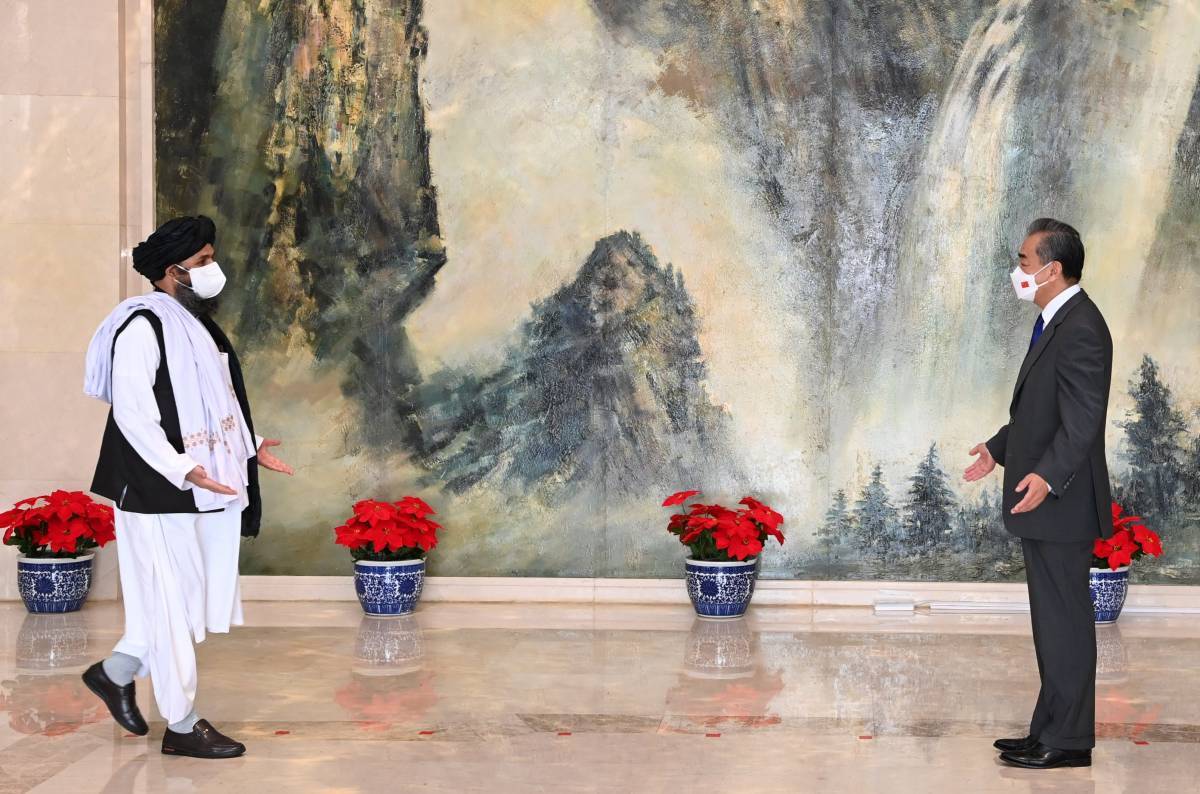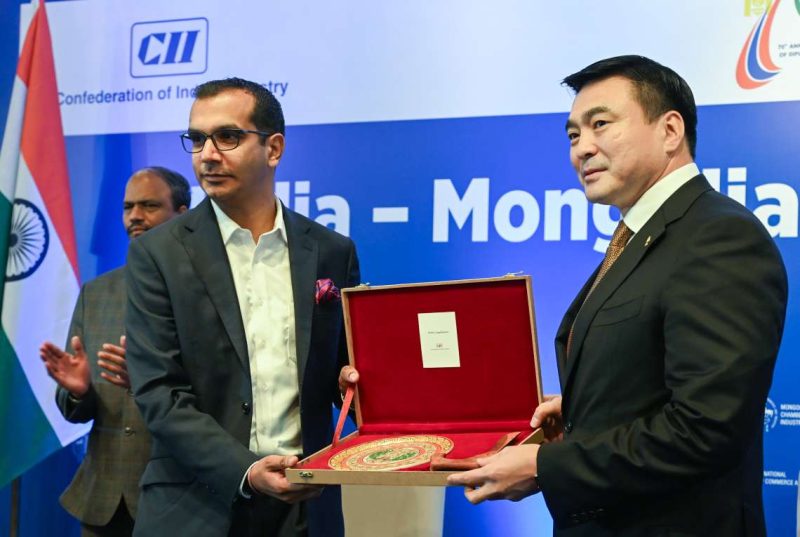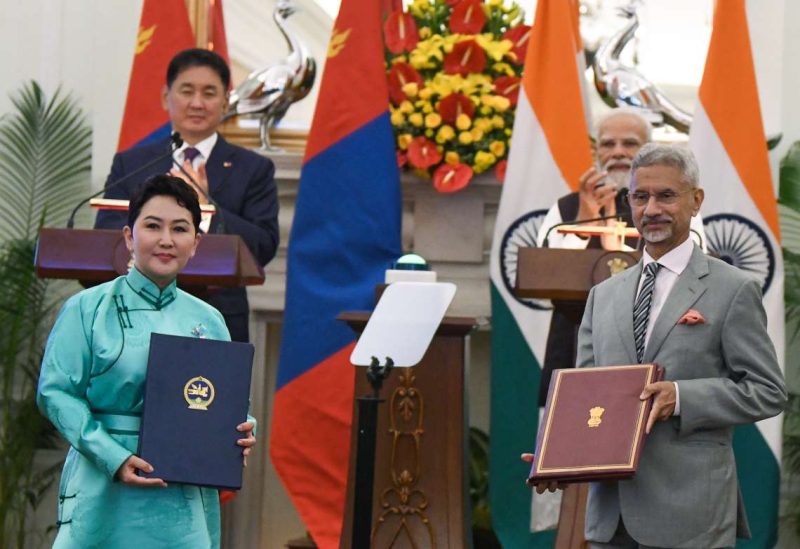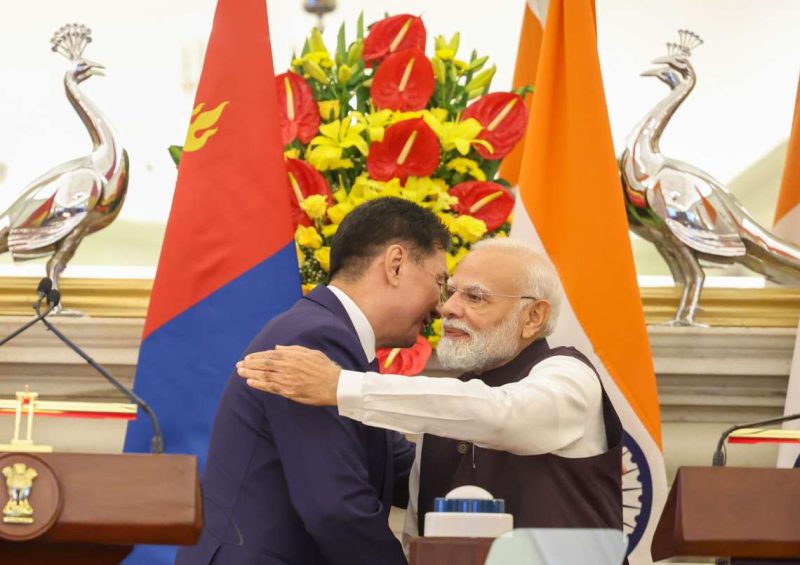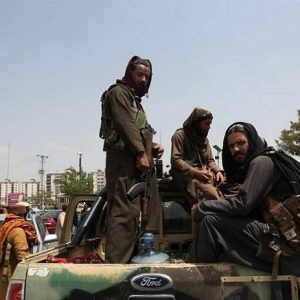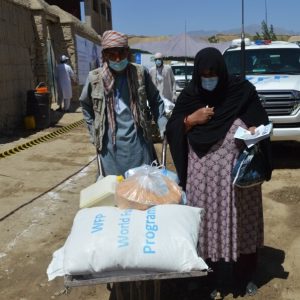Concerning trends have emerged over the past two years regarding the regular detention of journalists by Taliban officials in several areas….reports Asian Lite News
The United Nations Assistance Mission (UNAMA) has called on the Taliban to stop arbitrarily detaining journalists in Afghanistan, according to Khaama Press.
Concerning trends have emerged over the past two years regarding the regular detention of journalists by Taliban officials in several areas.
The United Nations Assistance Mission in Afghanistan, or UNAMA, vehemently denounces this practice, citing it as capricious and posing a serious risk to press freedom in the Taliban-ruled country.
The essential function of a free and independent media in any democratic society is undermined by these detentions, which also violate the fundamental rights of journalists, the mission has time and again, reiterated, according to Khaama Press.
French-Afghan journalist Mortaza Behboudi was, recently released from prison on October 18 after 284 days in Taliban custody. Since his imprisonment, two days after he entered Afghanistan in January 2023, Reporters Without Borders (RSF) has never stopped defending him from the Taliban authorities.
According to Khaama Press, Behboudi was freed from Pul-e-Charkhi prison. He was captured in January of this year.
According to Reporters Without Borders, Behboudi has been cleared of all allegations, including “espionage,” “unlawful support for foreigners,” and aiding people in escaping borders, by the Taliban government.
Earlier in April, journalists in Afghanistan once again denounced the lack of access to information under the Taliban regime in the country and said that it results in their loss of timely coverage.
They also said that the de-facto authorities are not cooperating with them in any manner.
Lack of access to information has been one of the main challenges for journalists in Afghanistan since the Taliban took control of the country in August 2021.
The ever-increasing restrictions against media in Afghanistan have also drawn widespread criticism globally with the United Nations (UN) and the Committee to Protect Journalists (CPJ) decrying the arrests, demanding the Taliban stop harassing local journalists and stifling freedom of speech through continued detentions and threats.
Since the Taliban took over Afghanistan in mid-August last year, it rolled back women’s rights advances and media freedom revoking the efforts on gender equality and freedom of speech in the country. (ANI)







